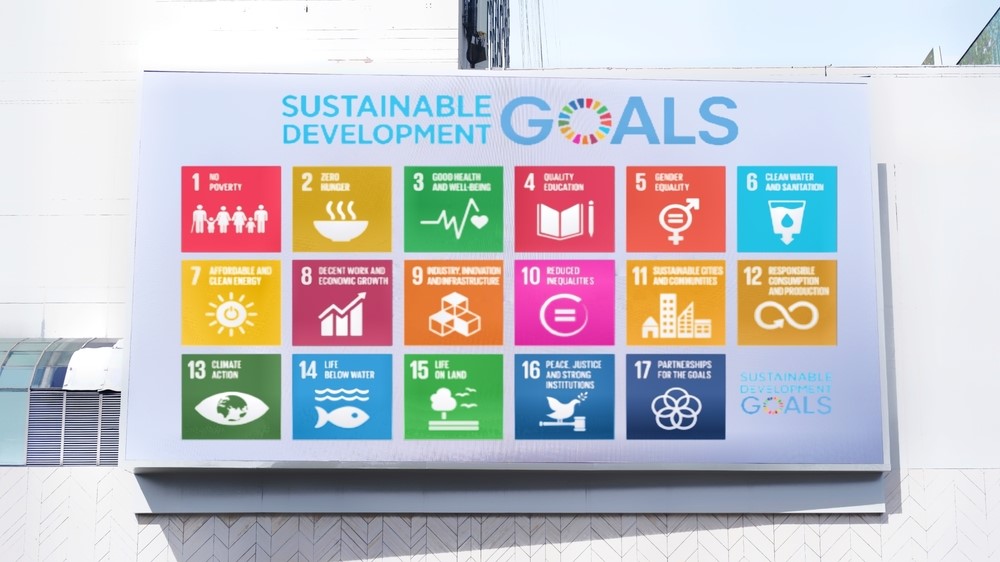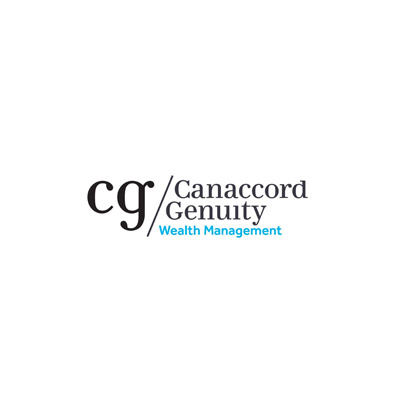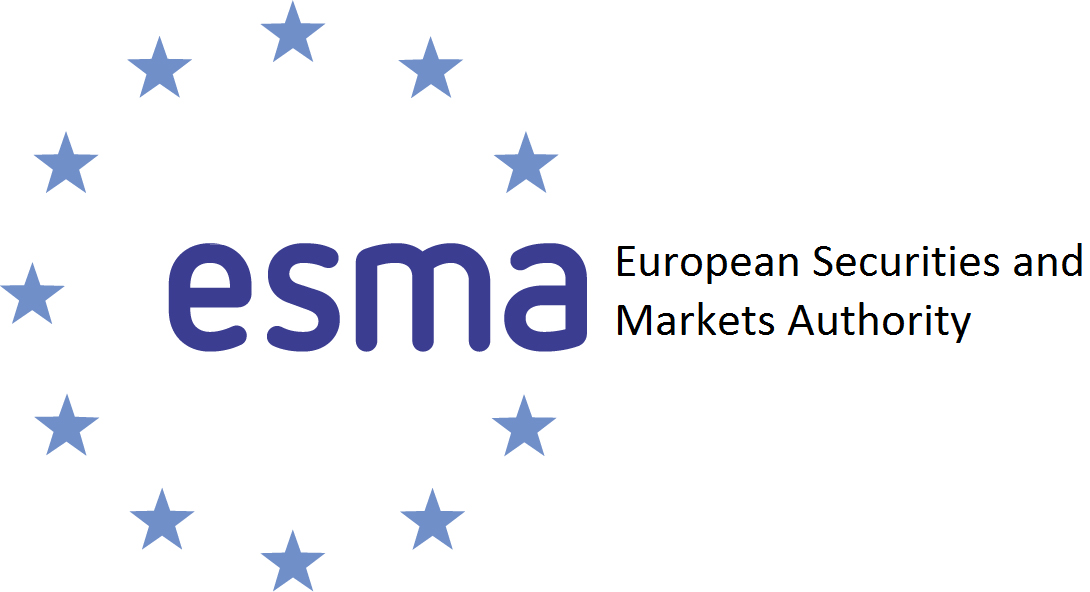The eighth offering of DWS’s UN Sustainable Development Goals (SDGs) range targets social fairness, however, some may question whether it merely provides exposure to socially relevant sectors rather than capturing impactful actors.
The Xtrackers MSCI Global SDGs Social Fairness Contributors UCITS ETF (XDGS) is pending listing on the London Stock Exchange (LSE) with a total expense ratio (TER) of 0.35%.
The ETF replicates the MSCI ACWI SDG Social Fairness Select index of 253 large, medium and small cap companies deemed to have a positive contribution to social fairness SDGs, must pass ESG screening criteria and either MSCI’s SDG impact or SDG thematic selection criteria.
Social fairness SDGS: 1, 2, 4, 5, 8, 10:
No poverty
Zero hunger
Good health and well-being
Gender equality
Decent work and economic growth
Reduced inequalities
MSCI’s SDG impact universe identifies companies with products or services contributing to social fairness SDGs, by highlighting companies deriving at least 50% of their revenue from nutrition, sustainable agriculture, major disease treatment, sanitation, contraceptives, affordable real estate, education, SME finance and connectivity.
The index provider’s SDG thematic universe identifies companies that are not involved in the SDG impact universe but promote “growth, development and safeguards for employees and communities” by relying on MSCI’s ‘SDG management’ universe, comprised of MSCI ACWI IMI constituents scoring among the top 10% within their respective sector for:
Labour management
Human capital development
Supply chain labour standards
Health and safety
Community relations
Controversial sourcing
Access to finance
Opportunities in nutrition and health
Workforce diversity oversight and programmes
The final index is comprised of 50% of constituents from its SDG impact and 50% from its SDG thematic universes, with each constituent capped at 4.5% and each sector capped at 20%.
What MSCI’s index methodology convincingly conveys is a broad array of screens, whereby companies are assessed on the SDG alignment and ESG soundness of not only end products but also their operations, corporate policies and practices.
In the field
In practice, this results in DWS’s social fairness SDG ETF almost doubling the relative weight of the healthcare sector from 11.1% to 20.2% versus the MSCI ACWI IMI while boosting consumer staples from 6.3% to 16.3%.
Meanwhile, information technology receives a steep underweight from 22.7% to 8.7% while US equities as a whole are reduced from 62.6% to 53.2%.
Responding to the ETF launch, Jack Turner, head of ESG portfolio management at 7IM, said: “We are always looking for investments that are focused on social issues so we would definitely consider it.”
However, Turner said it is important for investors to familiarise themselves with the top securities and sector or style biases within ETFs and how these impact a portfolio.
“The top 10 stocks consist of many that you will see in sustainable portfolios such as Siemens, Eli Lilly and Novo Nordisk.
“Unsurprisingly, XDGS has an overweight to healthcare at the expense if IT and an underweight to the US. These tilts would have hurt performance recently.”
“I would have to consider this alongside the other parts of my portfolios, where I already have significant weights to healthcare companies, infrastructure and REITS,” Turner said.
Moving away from portfolio construction – and more concerning for impact investors – is the fact XDGS appears to capture larger companies in broadly socially relevant activities, such as healthcare, rather than identifying those moving the needle on providing social goods to under-served populations.
The ETF’s top 10 holdings are comprised of:
Dell Technologies
Lowe’s Companies
Siemens
Cisco Systems
Lair Liquide
American Tower REIT
Target Corp
Eli Lilly
Sumitomo Mitsui Financial
Novo Nordisk
“Interesting, XDGS has an overweight to REITs which is probably linked to social housing, however, the largest REIT it holds is American Tower which installs telecoms towers,” Turner noted.
Looking across some the ETF’s top holdings, it would be difficult to view Dell – a computer company – Lowe’s – a hardware and DIY specialist – or Eli Lilly – one of the companies approached by US lawmakers about insulin prices more than doubling within four years – as key impact investments driving better social outcomes among deprived groups.
Patrick Thomas, head of ESG investments at Canaccord Genuity Wealth Management, suggested the tasks of defining genuine impact and subjective judgments may mean active management is better suited to capturing social SDGs.
“The mapping process requires a really detailed framework when you are assessing revenues and quite a lot of ‘human’ intervention to avoid ending up with weird stocks,” Thomas said. “This is the sort of inefficiency that an active manager is better placed to construct a portfolio.”
The limits of SDGs and listed securities
However, even active SDG funds are not immune to criticism. Last year, the European Securities and Markets Authority (ESMA) argued SDG funds “do not significantly differ” in their contribution towards SDGs versus their non-SDG or ESG peers.
In fact, the securities regulator found SDG funds contributed less to SDGs than both broad Sustainable Finance Disclosure Regulation (SFDR) Article 8 and Article 9 products.
“The question mark hanging over SDGs is part of the broader question of whether you can use ETFs to invest impactfully. Investors need to be able to measure that impact, that is the goal of the investment,” Kenneth Lamont, senior fund analyst at Morningstar, said.
“Generally, it is questionable whether investors can ever have a real impact by investing in listed stocks.”
Conceding ETFs’ inability to align all 17 SDGs within an investment framework, Oliver Souliac, senior Xtrackers product specialist at DWS, said last January: “The reason we have a revenue-based approach is that some of the SDGs such as zero hunger and education can only really be filled by society and governments and are not themes in the sense of being growth stories.”
Notably, ‘zero hunger’ is one of the SDGs targeted in DWS’s new strategy.
Final word
Overall, DWS’s social fairness SDG ETF provides a new tool for targeting the ‘S’ in ESG, but perhaps will not be the tool of choice for impact-minded investors.







